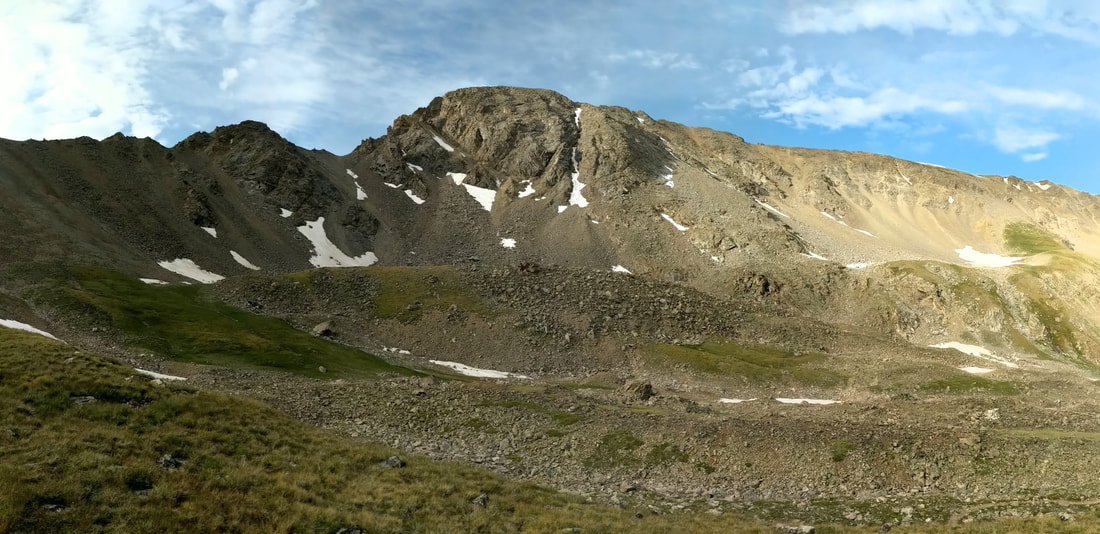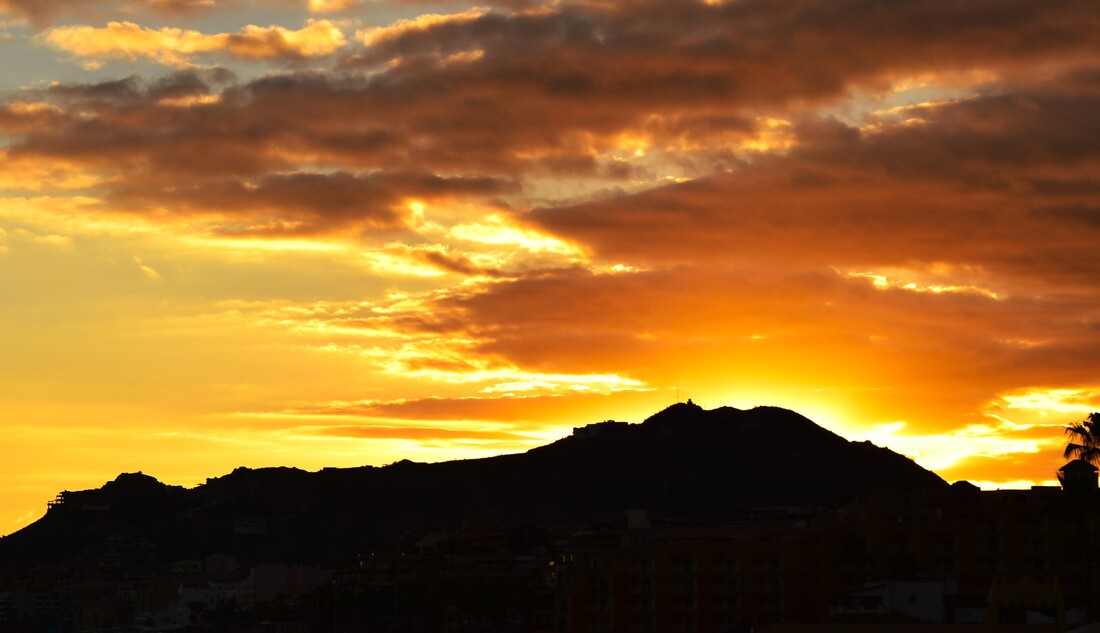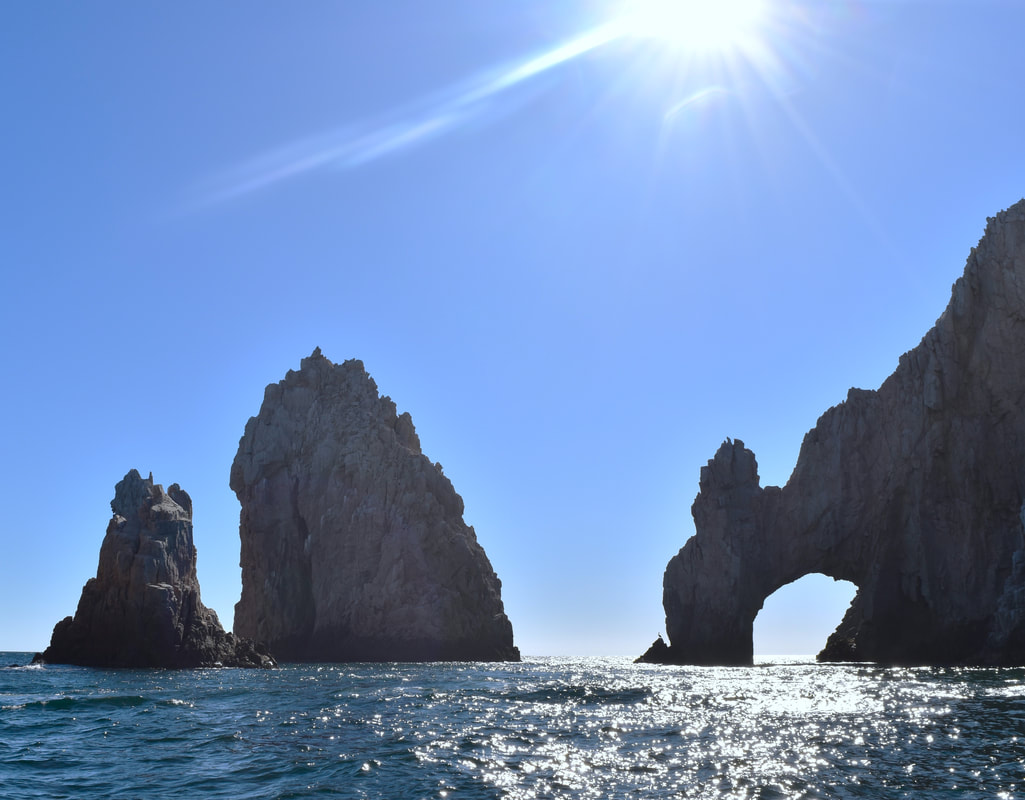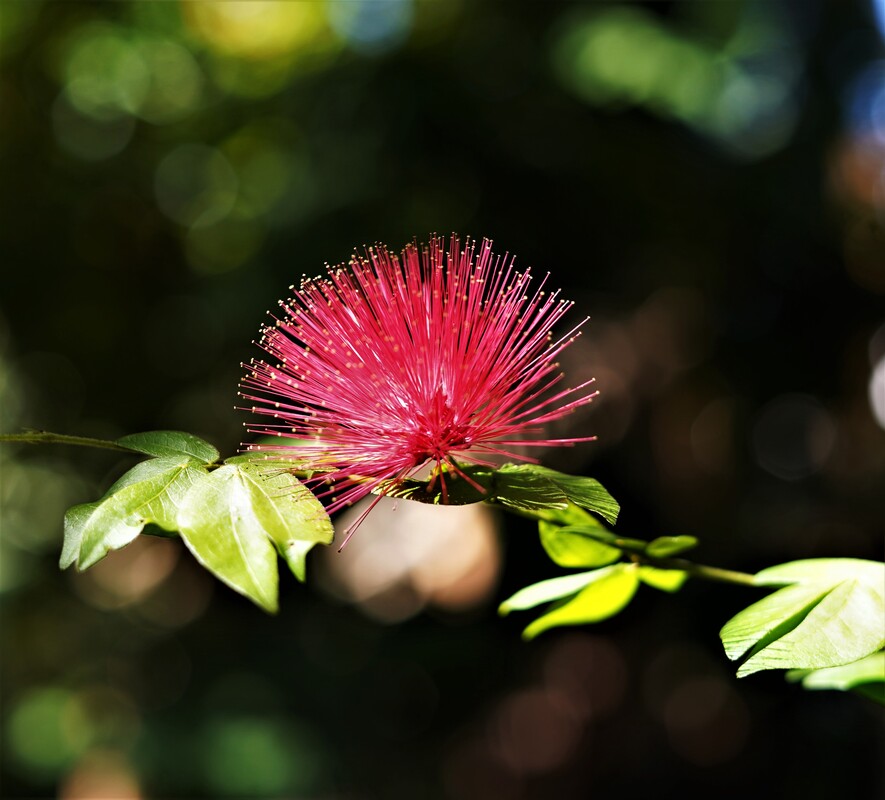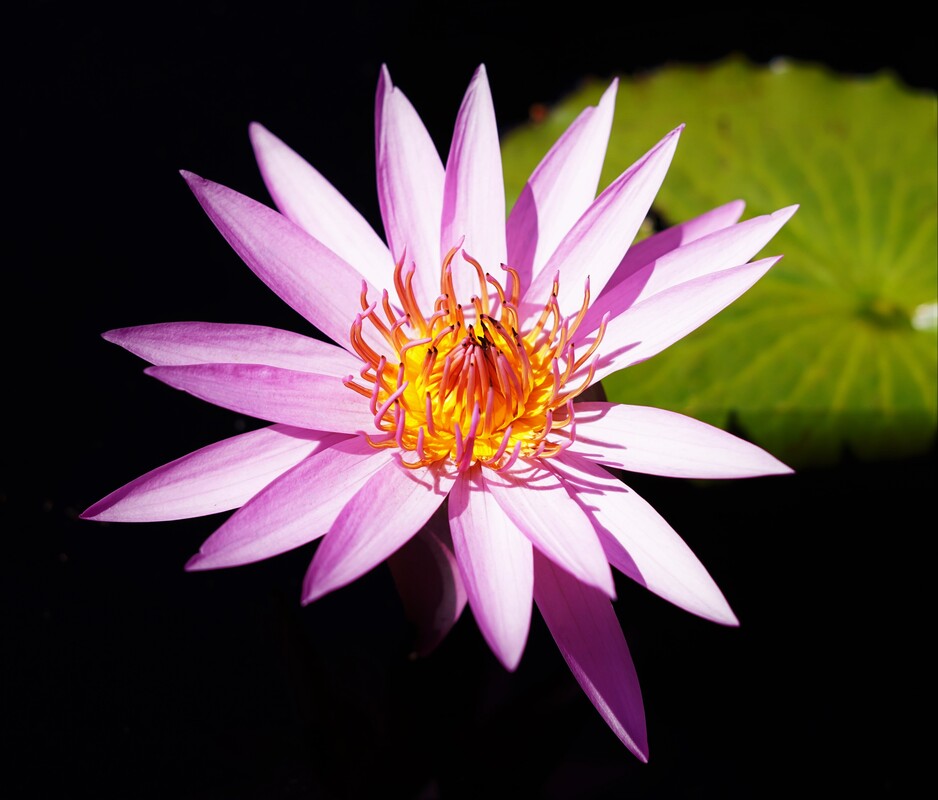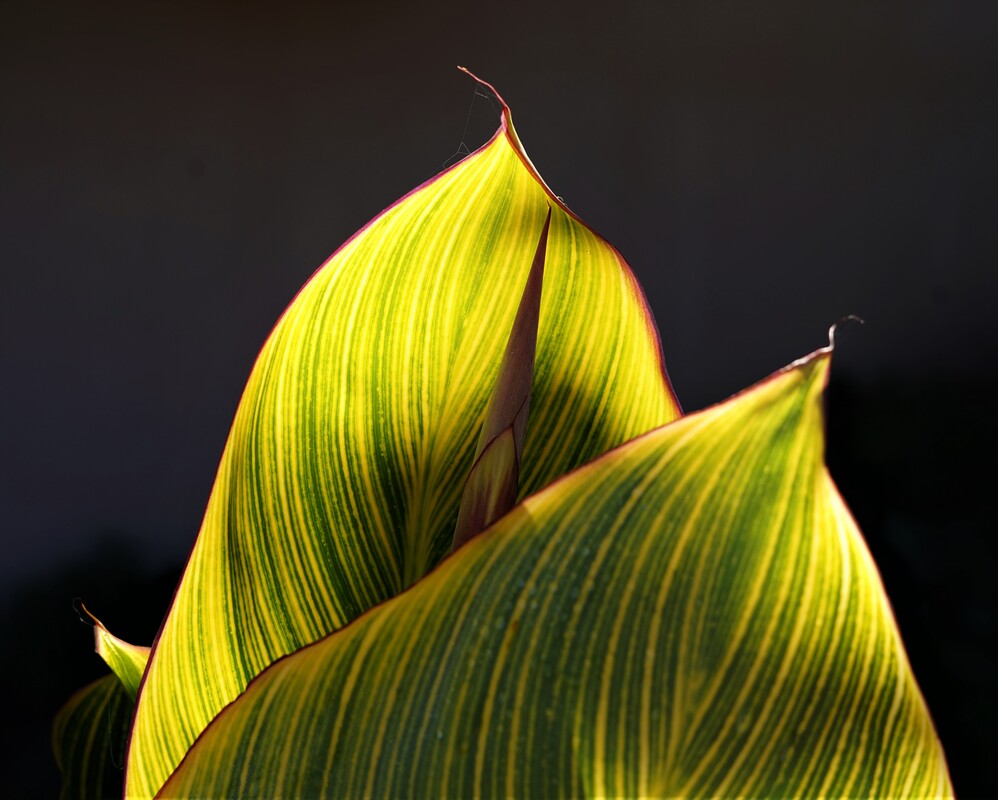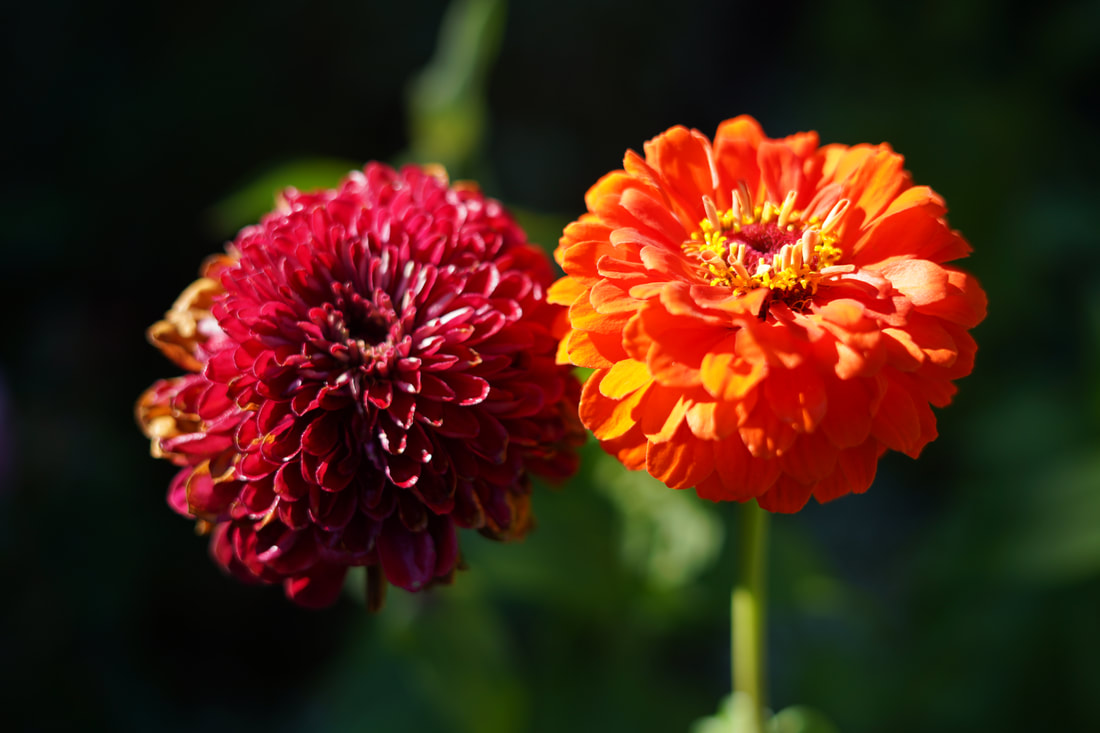AuthorS
Dr. Mike Obsatz, Professor Emeritus at Macalester College Archives
January 2023
Categories |
Back to Blog
Overcoming Praise Addiction7/16/2023 Day By Day We learn early on to please those who have power over us and take care of us. We are taught to "do what we are told" and when we do, we are often praised for it. If we "don't do what we are told" we are not praised, and sometimes punished. Praise is part of "external validation," the need for someone outside of ourselves to notice us, appreciate us, validate us. "Good boy!" "Good girl!"
|
 RSS Feed
RSS Feed
